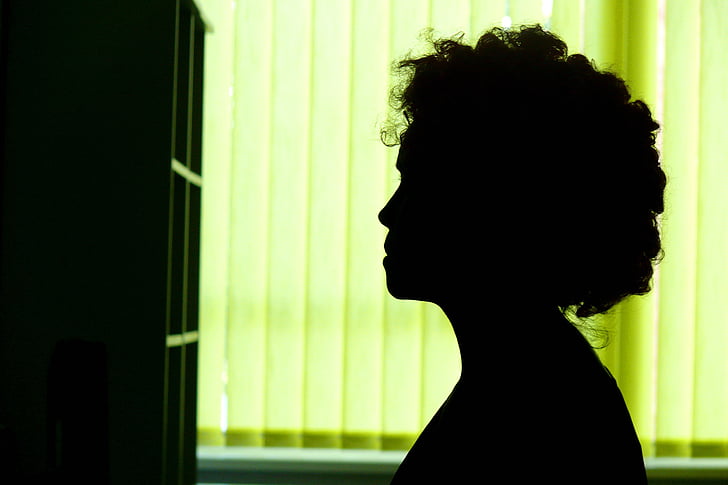 Sat in my garret, I have only the palest of similarities to Virginia Woolf, but a space to think and reflect as the UK pandemic moves on is a definite opportunity. The common description of evidence-based medicine commences with ‘Ask A Clinical Question’, but omits the step before that; ‘Be Uncomfortable With Your Knowledge’. Being unsure is troublesome to most of us, and the global modification of how things are ‘always done’ allows us to perhaps see questions we didn’t realise could be asked before.
Sat in my garret, I have only the palest of similarities to Virginia Woolf, but a space to think and reflect as the UK pandemic moves on is a definite opportunity. The common description of evidence-based medicine commences with ‘Ask A Clinical Question’, but omits the step before that; ‘Be Uncomfortable With Your Knowledge’. Being unsure is troublesome to most of us, and the global modification of how things are ‘always done’ allows us to perhaps see questions we didn’t realise could be asked before.
For me, the largest changes have been in the clinical encounter. What was face-to-face has become mask-to-mask, or over grainy video or crackling telephone. How much of the benefit of our medical care is delivered by proximity, touch, the ritual of attending clinic? Does this have greater value in conditions which are less about replacing a missing cell/enzyme/protein-complex, and more about the complexity of living in the world, like tension headache and anorexia nervosa? Can we even ask such questions using an EBM framework?
(That was very much a rhetorical question. Of course we can ask them! They can be phrased as interventional: In ZZZ patients of YYY ages [P] does physical [I] vs. video [C] outpatient consultation lead to better patient satisfaction, accuracy of diagnosis, adherence to treatment, disease-specific surrogate marker improvement [O]? Or exploratory: How do patients with ZZZ [P] describe their experiences [O] of consultation over video [I] and in-person [C] and which aspects do they value the greatest [O]? It’s not so much ‘can’ we ask them as ‘do you consider asking them’?)
Educators have urged us to work with those we supervise to look for the ‘teachable moment‘ and use it to impart wisdom. If we grasp our own uncertainties we can grow our own evidence-based enquiries in those ‘learnable moments’.
- Archi